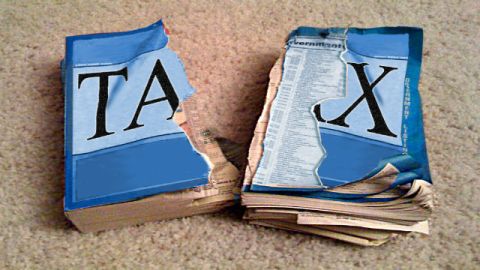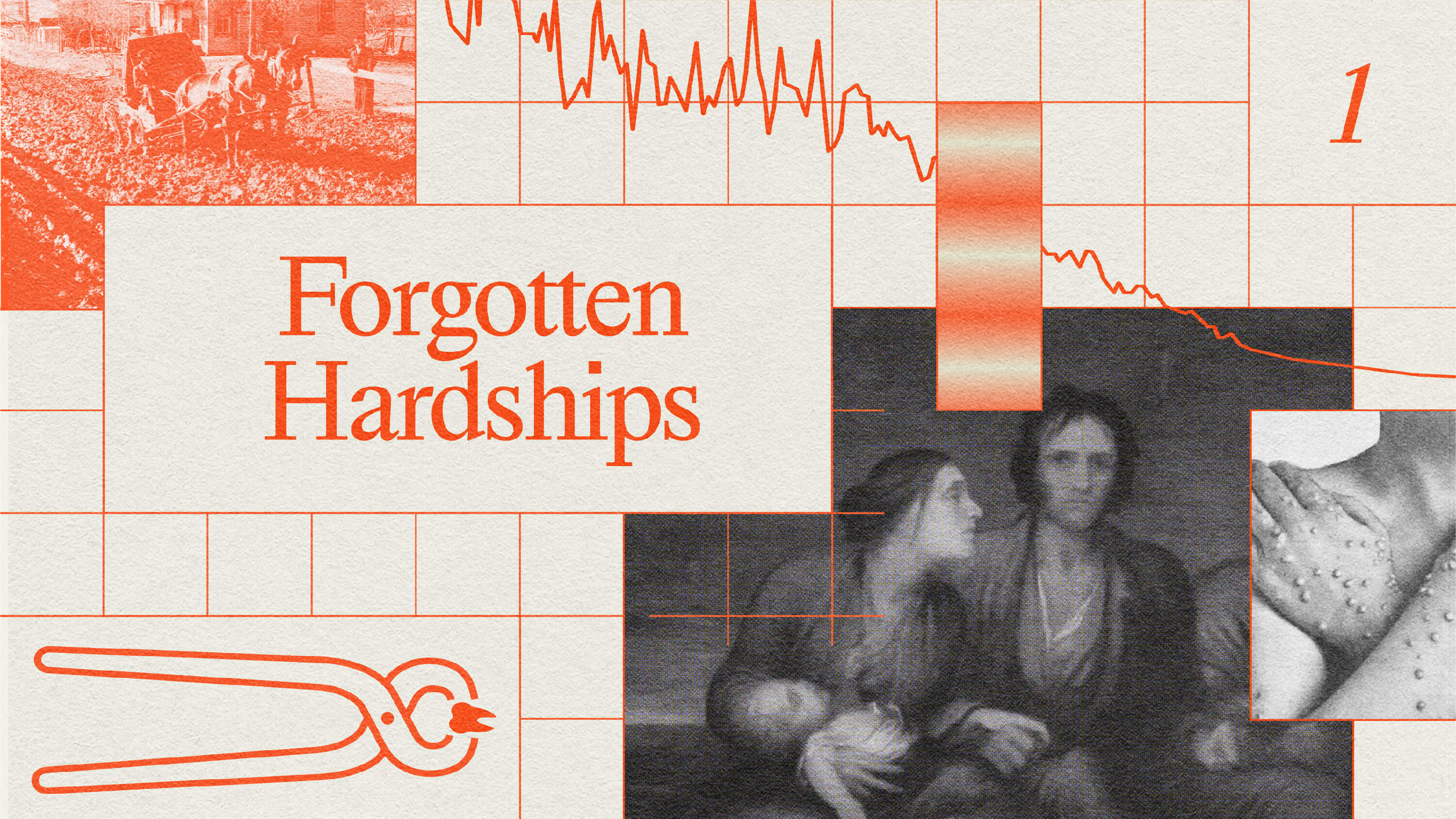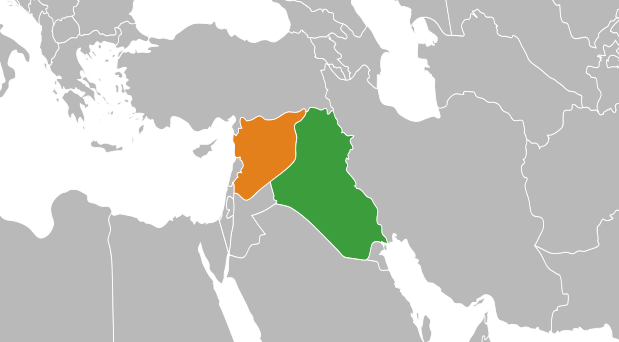How Bush Sent the Protesters to Wall Street

Though the Bush administration never admitted it, its tax cuts would almost certainly push the incomes of rich and poor further apart. As incomes became more widely dispersed, the gap in wealth between rich and poor would quickly grow as well. Even to a non-economist, the reason was easy to see: all the tax cuts were supposed to raise the return to saving- not just new saving, but existing saving, too – and the rich had much more saving than the poor.
After appraising the situation, you might decide to work a little less and spend more time managing your stock portfolio. Or, you might try to find ways for your employer to pay you in securities rather than in wages or salaries. Perhaps you’d buy special shares in your company that were only available to employees, and the shares would pay a divided in lieu ofsalary. All the income you received as dividends would be tax free, at least until the Internal Revenue Service caught on. Then you and your employer would have to find another loophole.
Tax lawyers, accountants, and financial planners would be glad to help you find that loophole. With the help of these professionals, huge chunks of income would start shifting way from taxed sources and into untaxed sources. As a result, the tax base would begin to shrink.
In this race to avoid the grabbing hand of the Internal Revenue Service, the wealthiest people would obviously have had a head start. They were already receiving a lot of income from dividends, interest payments andthe like, and they were also likely to be on first-name terms with atleast one financial advisor. The ones who would have the hardest timemaking the switch would be the working Americans who received most oftheir income from the sweat of their brow, or from the stain on the backof their swivel chair.
By the time these folks paid off their debts and started to save on a net basis, wealthier people would have been well on their way to entirely tax-free incomes, leaving the rest of working America to pay the taxes.The fortunate and growing minority who managed to receive all their income from stocks, bonds and other securities would pay nothing – not a dime -for America’s cancer research, its international diplomacy, its military deterrent, the maintenance of the interstate highway system, the space program or almost anything else the federal government did. Broadly speaking, that fortunate minority would be free-riders.
How long would working Americans stand for this sort of thing? Probably not very long. The situation would recall the feudalism many of the first Americans were trying to get away from when they left Europe. It would take only a few more steps to return to medieval times, when the landowning aristocracy levied taxes on the poor peasants to pay for their wars.
I wrote the words above in 2003 for my first book, Neoconomy: George Bush’s Revolutionary Gamble With America’s Future (PublicAffairs, 2004).





